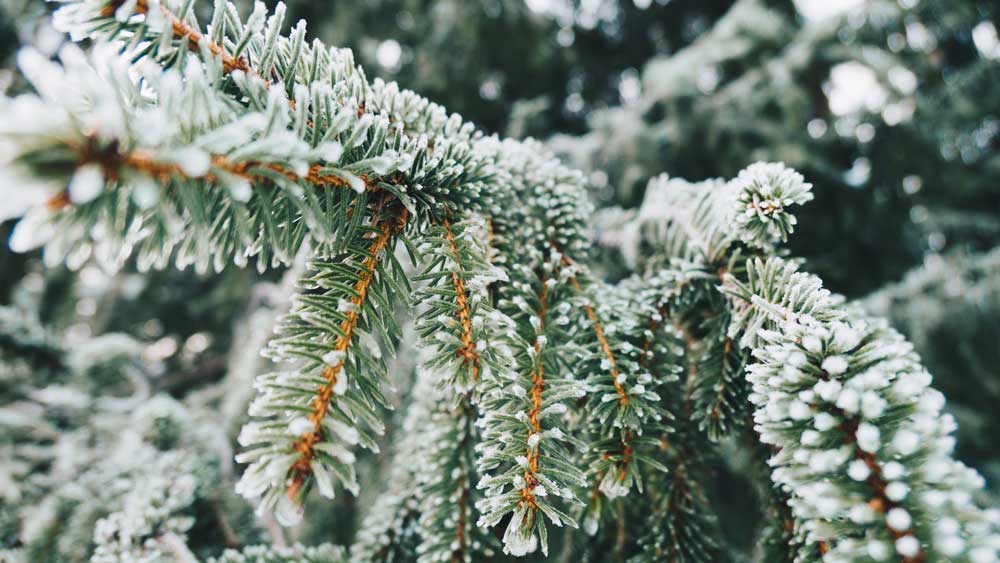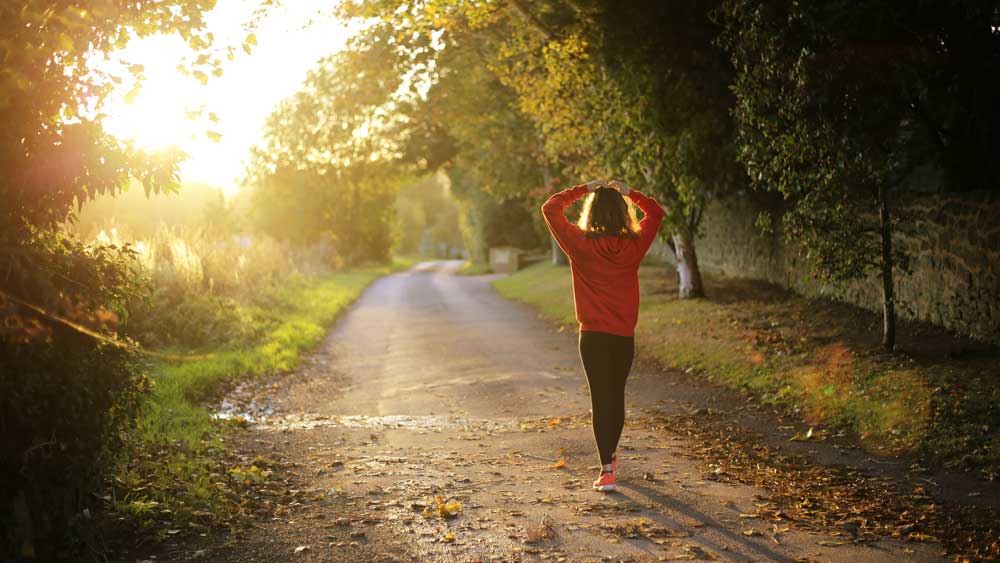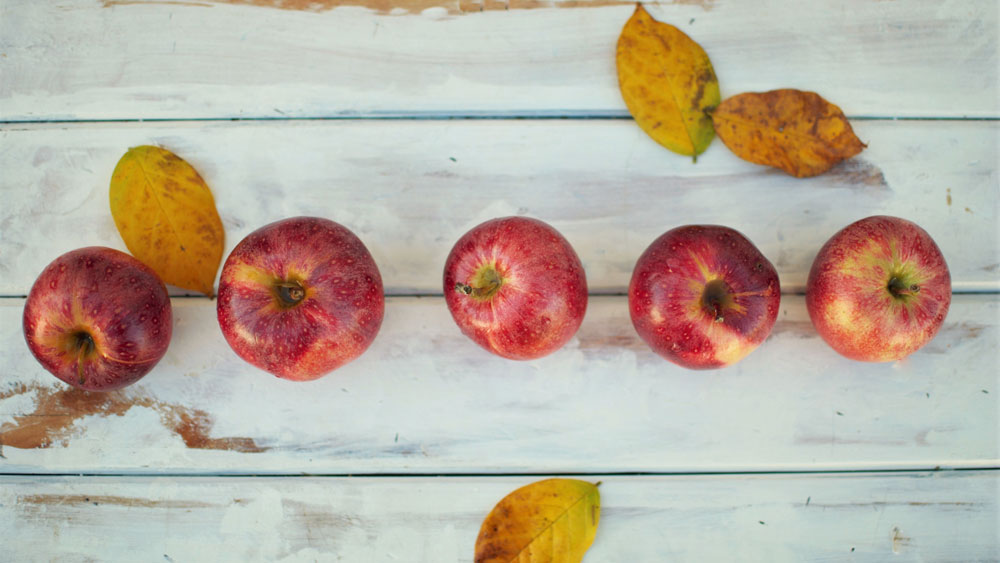- Simmi Shirwaikar, L.Ac928 Broadway
Suite 1205
New York, NY 10010(917) 478-0627 Clinic Hours
Tue8am - 5pmWed8am - 1pmThurs8am - 5pmFri8am - 1pmSat9am - 2pmBy Appointment Only
-
Latest Articles:
- • Add These 10 Immune-Boosting Foods to Your Fall Diet •
- • Keep Your Skin Healthy and Glowing with these Fall Skincare Tips •
- • Beat End of Year Burnout with these Fall Self-Care Rituals •
- Sign up to receive news and updates and get my free report:“The Top 10 Reasons to Try Acupuncture”

Health WellNews
What’s Inside Your Medicine Cabinet?
Springtime is a natural time for cleansing, whether in terms of cleansing the diet or clearing out the garage. In this article, we’ll offer some spring cleaning for your medicine cabinet: natural remedies to allow you to literally clear out old bottles and internally cleanse your body of synthetic medications.

We all have a medicine cabinet, drawer or cupboard in our homes filled with seemingly harmless over-the-counter drugs, bandage material and other toiletries. Unfortunately, many of the things in your medicine cabinet can be potentially dangerous and even lethal. The good news is, a lot of these items can be replaced with natural substitutes.
Painkillers / Anti-inflammatories
Painkillers like ibuprofen and naproxen can be effective for relieving a headache or reducing inflammation in the joints. But these medications were not designed to be taken on a long-term basis and here’s why: Long term usage of NSAIDS (non-steroidal anti-inflammatory drugs) has been proven to eat away at the lining of the gastrointestinal tract, which can then lead to ulcers. They also can increase the risk of heart attack, heart failure and stroke, even in people who have no existing heart conditions. So, when you have achy joints or a headache, reach for something more natural. Turmeric and/or ginger are wonderful natural substitutes that can be taken daily to help reduce the pain and inflammation associated with achy joints. For headaches, try a dab of peppermint or wintergreen essential oil on the temples. You can also try eating pineapple regularly. Pineapple contains an enzyme called bromelain. Bromelain is known to reduce inflammation.
Heartburn and Indigestion Medications
Many people suffer from heartburn and indigestion and then reach for proton-pump inhibitors (PPIs) like omeprazole or pantoprazole. These medications are proving to be more harmful than helpful, though. Numerous studies have linked long term use of PPIs to kidney failure and even dementia. But for those who suffer with heartburn, it’s a really tricky balancing act that ultimately comes down to what they eat. The pain can be excruciating. PPIs reduce stomach acid in the gastrointestinal tract, thus reducing pain. Over time though, users of PPIs can wean themselves off these sometimes harmful medications. Substitutes like aloe vera juice, organic apple cider vinegar, baking soda and cranberry juice can all help reduce excess stomach acid production naturally. Ginger and peppermint can soothe the pain associated with acid reflux, heartburn and indigestion.
Cough Syrup and Cold Medications
Even the healthiest of people will get sick at some point. Over-the-counter (OTC) cough and cold medicines are abundant and while some may work, they can come with some potentially harmful side effects. Dextromethorphan hydrobromide is a cough suppressant and promethazine is an antihistamine. Both are commonly found in OTC cold medications. These drugs can cause hives, difficulty breathing, facial swelling, dizziness, anxiety, restlessness and nausea, just to name a few of the side effects. There is also the potential for abuse if not taken properly. But again, there are natural substitutes that have no side effects and in many cases work more effectively. Honey not only helps with a cough, but it also soothes a sore throat. Pineapple juice is another great cough suppressant. Peppermint and thyme are also good for suppressing coughs and opening the sinuses.
When opening up that medicine cabinet, think about this: Nearly every OTC medication was once derived from a natural precursor. Aspirin, for instance, is derived from willow bark, and the main reason it is now produced in synthetic-pill form is that somebody saw an opportunity to make money. So before you pop a pill, consider seeking a natural remedy first. This includes things like traditional Chinese medicine. Acupuncture plus herbal formulas can be a wonderful alternative to those harmful medications. Also, don’t forget to evaluate your daily diet. Diet can play a big role in how your body heals. Making minor adjustments to your eating habits and adding acupuncture to your health regimen can alleviate stress, decrease pain and boost your immunity. Remember, you ultimately have the choice when it comes to your health and what you put in your body. Be sure to take the time to make informed decisions that aren’t detrimental.
How Weather Affects Pain
Almost everybody has heard one of their relatives complain about how painful their joints become when the weather changes, especially when it gets cold or rainy. But is there any validity to this claim? And what about people who live live in consistently cold, rainy or damp climates? Do they have the same complaints about body aches and pains? The short answer is both yes and no. There is some truth to this, but it might not be what you think.

Achy joints, arthritis flare ups and intense migraines are just some of the ways people can predict the weather coming. And while it may seem far-fetched, there is something going on there. Scientists have studied this, but even they can’t agree. There are however, several theories why weather affects pain. The most common theory is air pressure, or barometric pressure, is what is actually affecting pain levels.
Barometric pressure is the weight of the atmosphere that surrounds us. Just before a storm hits, barometric pressure drops. The lower air pressure allows the tissues to expand and this can lead to added pressure on the joints. This may increase pain in those areas.
Another theory is more psychological. It is well documented weather can affect a person’s mood. When a person feels gloomy or depressed, their perception of pain can be increased. This happens frequently in areas where winters are long and cold. It even has a name: Seasonal Affective Disorder or SAD.
One thing for certain is our bodies adjust to our environments. A recent study looked at people in four cities: Nashville, San Diego and two cities in Massachusetts. The study concluded people experience changes in their pain when the weather changed no matter where they lived. Pain worsened when the barometric pressure fell, which occurs right before a storm or drastic weather changes. And since our bodies adjust to our environment, it is safe to say no matter where a person lives, their pain will go with them. They may not notice it as much at first after moving to a new climate, but eventually it will come back.
The weather affects our bodies in other ways too. High levels of humidity can thicken the blood over time. This can increase the pressure in the blood vessels and the heart. This causes the heart to work harder to pump the blood throughout the body and may ultimately lead to a stroke or a heart attack. Those living in high humidity climates also have to worry about excessive sweating that can lead to dehydration. When the body is dehydrated, the joints ache more. This is why drinking water is so important, not just in high humidity areas, but everywhere.
Regardless of the cause, acupuncture and Traditional Chinese Medicine can be very helpful in the treatment of aches and pains. No matter where you live, Traditional Chinese Medicine can help.
5 Reasons to Try Acupuncture This Winter
Winter is one of the five seasons acknowledged by Traditional Chinese Medicine. The ancient Chinese followed the belief humans should live in harmony with the cycles of nature. During the winter months, darkness and cold indicate we should slow down, take care of our health, conserve our strength and replenish our energy for the upcoming spring and summer months.

Each season has multiple associations that help us adjust our habits as things change, which makes it easier to keep the body and mind balanced. Winter is ruled by the water element. The water element is associated with the kidneys and urinary bladder. According to Traditional Chinese Medicine philosophy, the kidneys are the source of all energy found within the body. This energy is what keeps us alive and allows our bodies to function properly. During the winter months, it’s vital we nourish and nurture our kidney energy.
Winter is typically a time when we decrease our daily activities. For many people, this coupled with longer hours of darkness, can lead to Seasonal Affective Disorder. This form of depression occurs during the winter months. It can be very debilitating for those who suffer from it. But acupuncture can help. Studies show regular acupuncture treatments can be as effective as prescription medications for treating depression and seasonal affective disorder.
The most common ailment that occurs during the winter months is the cold. The cold is a viral infection of the upper respiratory tract, nose and throat. Because we’re not as active during the winter months, our immunity tends to be lowered and this is when the cold viruses can attack. While colds usually have to run their course, acupuncture can help shorten the length of the cold and drastically decrease the symptoms.
Over the past decade or so, the norovirus has become more prevalent during the winter months. This particular virus causes gastroenteritis or gastrointestinal tract disorders like diarrhea. During the initial few days of a norovirus attack, people need to stay home and hydrate themselves. But once the diarrhea becomes less frequent, acupuncture can be very helpful in decreasing the symptoms and boosting the person’s immunity.
5 Ways to Help You Wake Up and Get Active
Everybody experiences times where they have no motivation. Lack of motivation can be caused by many things: the weather, depression, nutritional deficiencies, rejection and even not exercising. For many, this seems contradictory. If I have no motivation, how am I supposed to go exercise? Well, it all comes down to choices and doing what is best for your body.

Lacking motivation can be detrimental to your health. Even though everybody knows they should be exercising, eating right and getting proper sleep, many of us choose not to. This becomes a bad habit that can actually develop into depression, fatigue, insomnia and even nutritional deficiencies that cause worse physical problems. We tell ourselves we don’t have time or we have no motivation or willpower. These are just stories we tell ourselves. Everybody has time to care for themselves. It’s just a choice we have to make. So here are some ways to help us wake up, get motivated and get moving.
ACUPUNCTURE
Acupuncture can help put the pep in your step when it comes to motivation. In Traditional Chinese Medicine (TCM), lack of motivation is considered a sort of blockage along the energetic pathways that run throughout the body. Most commonly, this affects the gallbladder and liver pathways. Over time, this lack of motivation frequently develops into depression. When the body is depressed, nothing seems possible. But there are underlying causes to depression that begin with lack of motivation.
FENG SHUI
This ancient art is used to energetically balance the home through the placement of the furnishings inside. The bedroom is particularly important because we spend so much time there. Feng Shui tells us your bed should be placed where it allows you to see the door without being in the direct path of the door opening. This allows for a sense of security, which can lead to more restful sleep.
GRATITUDE
Being thankful for everything you have in your life really does make a difference. Instead of seeing the day ahead of you as a burden and worrying about everything you have to do, be thankful you woke up again. This will shift how you look at things throughout the day and the rest of your life.
EXERCISE
Whether you’re a gym rat or not, exercise is vitally important. Going for a walk or a jog first thing in the morning can be refreshing and get the blood pumping. Studies show regular exercise in the morning can actually lead to more energy the next day.
MEDITATE/PRAY
Meditation and prayer allow the body to relax and the mind to calm down. Using this tool shortly before going to bed can be very beneficial. And as we all know, when the mind is quiet, the body relaxes more and we get better, more restful sleep, which gives us more energy and motivation to tackle the next day.
Try incorporating one or all of these practices into your life and see how much it affects you. And remember, studies show it takes 21 to 30 days of doing something consistently for it to become a habit. Are you up for the challenge?
5 Reasons to get Acupuncture this Fall
Fall is a favorite season for many people. The weather starts to get a little cooler, things begin to slow down and preparations for the holidays are in full swing. For many others, fall is not so festive. Many people get sick during the fall months, allergies can flare up and many don’t like that the hours of sunlight decrease steadily, sometimes leading to seasonal depression.

There are many reasons to get acupuncture during the fall. One of the biggest reasons is to avoid getting sick as the seasons change. In Traditional Chinese Medicine (TCM), fall is associated with the lung and large intestine energetic pathways. These two pathways work symbiotically to control the immune system from both the inside and outside of your body. And, if you take good care of these energetic pathways during the fall, you are bound to feel better throughout the season. But just to be sure, getting regular acupuncture treatments might be a good idea. It is recommended to start a couple of weeks before fall really kicks in.
Autumn is associated with the element of metal. According to TCM, the element of metal governs the mind, order, stability and organization. As fall approaches, we tend to be more reflective, turning inward and going into hibernation mode. It’s a great time to organize and prepare for the upcoming winter months. Emotionally, fall is associated with sadness and grief. Therefore, as the nights get longer, it is very important to keep the mind clear and let go of your negative emotions. Acupuncture can be a wonderful tool to help ward off depression, sadness and grief, both before and during the months of fall. Acupuncture treatments help balance moods by regulating hormones in the body.
For those who love the long hours associated with the summer months, fall is not easy to slide into, especially when it comes to sleep. Many people have difficulty going to sleep earlier, which is recommended when the days begin to shorten. This is where acupuncture can be beneficial. Certain acupuncture points are very effective at calming the mind and helping induce rest and relaxation. This is why so many people who receive regular acupuncture tend to take a nap while the treatment is taking place.
Getting a handle on stress before the full swing of the holidays hits is always a good idea. Acupuncture can help with that too. Acupuncture treatments are very relaxing for the majority of people. Around the holidays, people experience high levels of stress. But receiving regular acupuncture treatments ahead of the holidays, will allow for a smooth holiday season.
Lastly, acupuncture can help control, or at least tone down the allergy flare ups that frequently occur during the fall. This goes back to how acupuncture works on the immune system. But many people who suffer from allergies only experience minor symptoms, like a runny nose and watery, itchy eyes. A few little needles can help tremendously with allergy symptoms.
So what are you waiting for? Fall into hibernation mode through the use of acupuncture.

